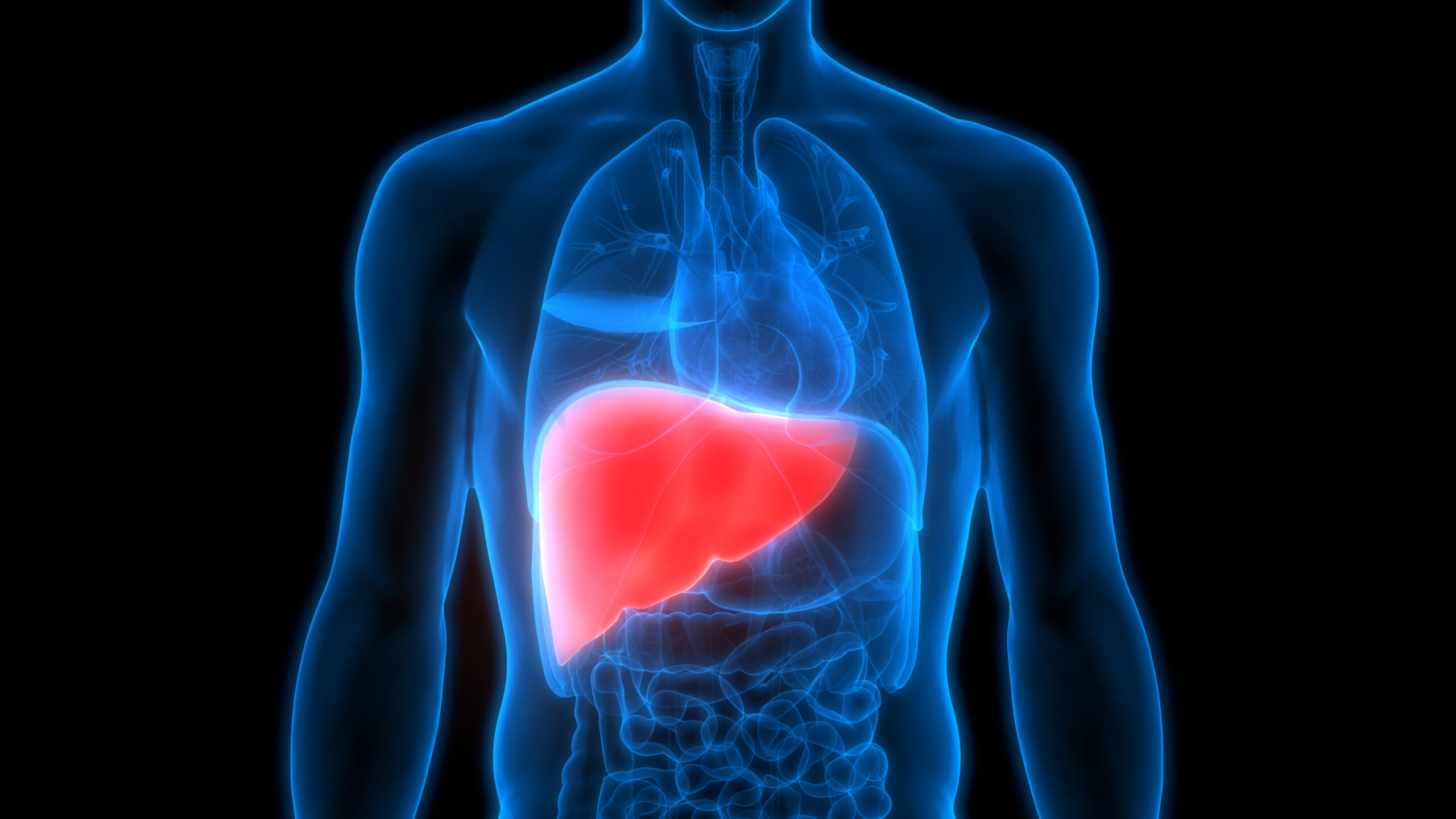Dr. Shubham Vatsya Explores the Intricacies of NAFLD
Delving into the realm of liver health, Dr. Shubham Vatsya, Senior Consultant in Gastroenterology and Hepatobiliary Sciences at Fortis Escorts Hospital, Faridabad, sheds light on the enigmatic Nonalcoholic Fatty Liver Disease (NAFLD). NAFLD is characterized by the accumulation of excess fat in the liver, presenting a spectrum of stages and implications.
Navigating the Stages of NAFLD: From Fatty Liver to Cirrhosis
NAFLD encompasses a journey marked by distinct stages. The initial phase involves the presence of a fatty liver, harboring excess fat accumulation. This phase is often asymptomatic but signifies the beginning of potential complications. As fat accumulation persists, inflammation may ensue, leading to nonalcoholic steatohepatitis (NASH). NASH’s inflammatory nature can contribute to the development of cirrhosis, characterized by liver scarring and dysfunction.
Prevalence and Impact: Dr. Shubham Vatsya’s Insights
Dr. Shubham Vatsya highlights the prevalence of NAFLD in India, affecting a significant proportion of adults. NAFLD often coexists with obesity, high blood pressure, diabetes, and high cholesterol. A subset of individuals experiences NAFLD without inflammation or severe damage. The transition from NAFLD to NASH impacts a distinct portion of the adult population.
Progression and Complications: The NASH Phase
NASH emerges as a consequential phase characterized by inflammation and a range of symptoms. These symptoms encompass itchiness, abdominal swelling, jaundice, and more. The progression of NAFLD may culminate in cirrhosis and liver failure, impacting a notable percentage of NASH individuals. Dr. Shubham Vatsya underscores the importance of early detection and comprehensive management.
Holistic Management: Lifestyle Interventions and Care
Although no specific medical treatment targets a fatty liver, lifestyle interventions play a pivotal role in risk reduction and liver health promotion. Dr. Shubham Vatsya advocates for balanced dietary choices, exercise, weight management, and alcohol avoidance. Professional guidance for supplements and adherence to medical instructions are crucial aspects of liver well-being.











